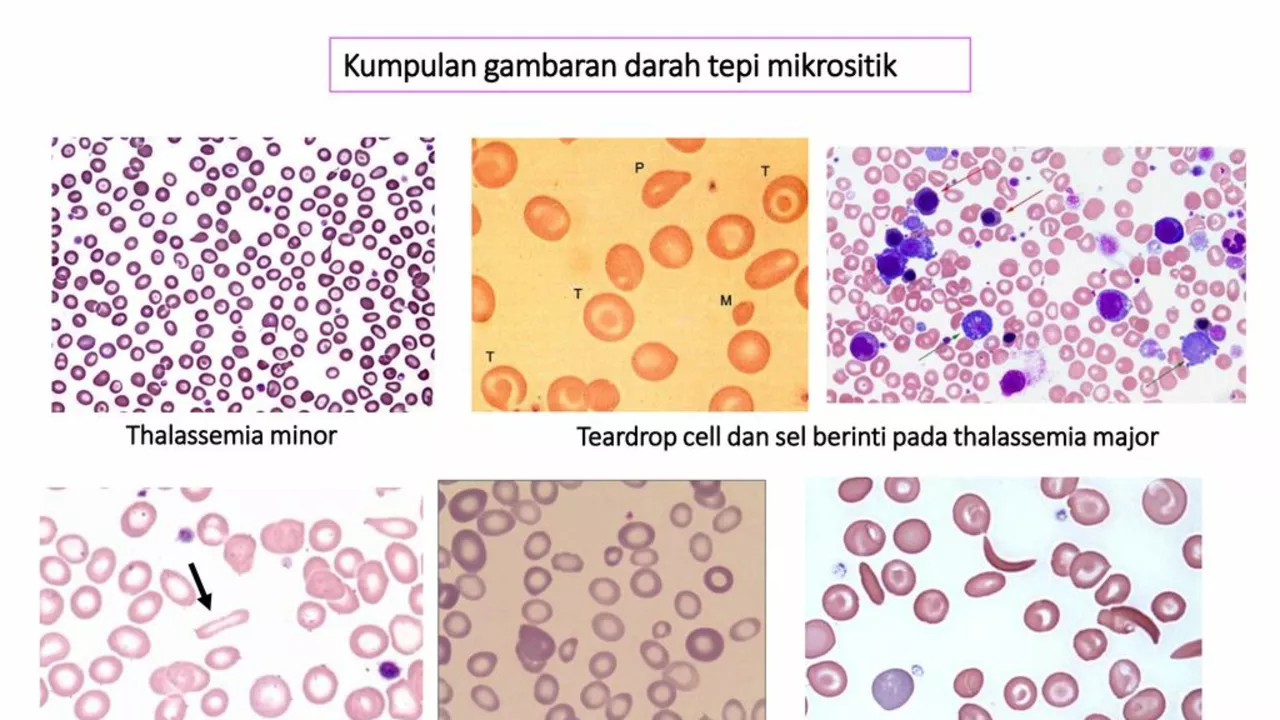Importance of Medication Safety: Buy, Use, and Understand Your Drugs
A cheap pill or an unverified website can cost your health. Medication safety isn't just a warning on a bottle — it's a set of simple habits that stop mistakes, prevent harm, and save money. You don’t need a pharmacy degree to protect yourself, just a few smart checks every time you order or take medicine.
How to buy meds online without risking your health
Always pick pharmacies that ask for a prescription for prescription drugs. If a site sells strong antibiotics or controlled meds like diazepam without a prescription, walk away. Look for a physical address, phone number, and a license number you can verify with a regulator.
Compare price, but be suspicious of extreme bargains. Fake, expired, or counterfeit meds often hide behind rock-bottom prices. Read recent customer reviews and check third-party watchdog sites. For creams like tretinoin or powerful drugs like isotretinoin (Tretiva), prefer sellers that clearly list active ingredient, strength, and batch details.
Check shipping and packaging details. Tampered or poor packaging is a red flag. If tracking or customs info is missing for international orders, that raises the risk of lost, delayed, or intercepted meds.
Use meds the right way and watch for trouble
Read the label and the patient leaflet every time — details change by brand and strength. Keep doses consistent: same time, same conditions (with food or on an empty stomach as directed). Never split or combine doses unless your doctor says it’s OK.
Know common interactions. For example, mixing alcohol with benzodiazepines like diazepam increases drowsiness and breathing risk. Antibiotics and heart meds can interact with over-the-counter supplements. Use an interaction checker or ask a pharmacist when you start anything new.
Monitor side effects and act fast. Rash, breathing trouble, sudden mood changes, or fainting are signals to stop the drug and seek help. For less urgent but concerning symptoms — heavy fatigue, persistent nausea, or abnormal bleeding — contact your prescriber and report side effects to your national reporting system (like FDA MedWatch in the U.S.).
Store meds properly: cool, dry, and away from kids. Check expiration dates before use. If you travel, keep critical meds in carry-on luggage and carry a copy of your prescription.
When in doubt, ask. Your doctor, pharmacist, or a trusted drug information site can answer questions about alternatives, side effects, and proper dosing. If an online source seems sketchy, check our guides on safe pharmacies and drug alternatives before you buy. Smart checks today prevent big problems tomorrow.

The Importance of Early Diagnosis in Sickle Cell Anemia
In my recent exploration, I've come to understand the immense importance of early diagnosis in sickle cell anemia. This disease, caused by an abnormality in the oxygen-carrying protein hemoglobin, can lead to a life of pain and complications if not detected early. Early diagnosis provides a chance for proper management of the disease, reducing potential crises and extending life expectancy. Additionally, it allows for informed family planning, as sickle cell is a hereditary disease. Remember, the sooner the diagnosis, the better the chances for a healthier life.
Read More